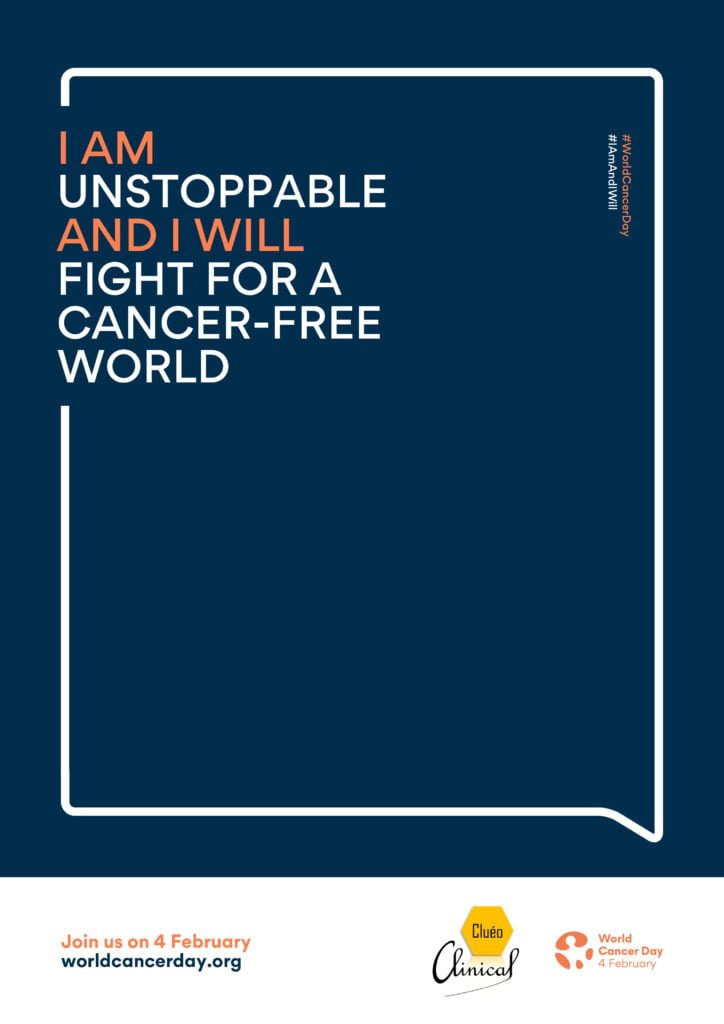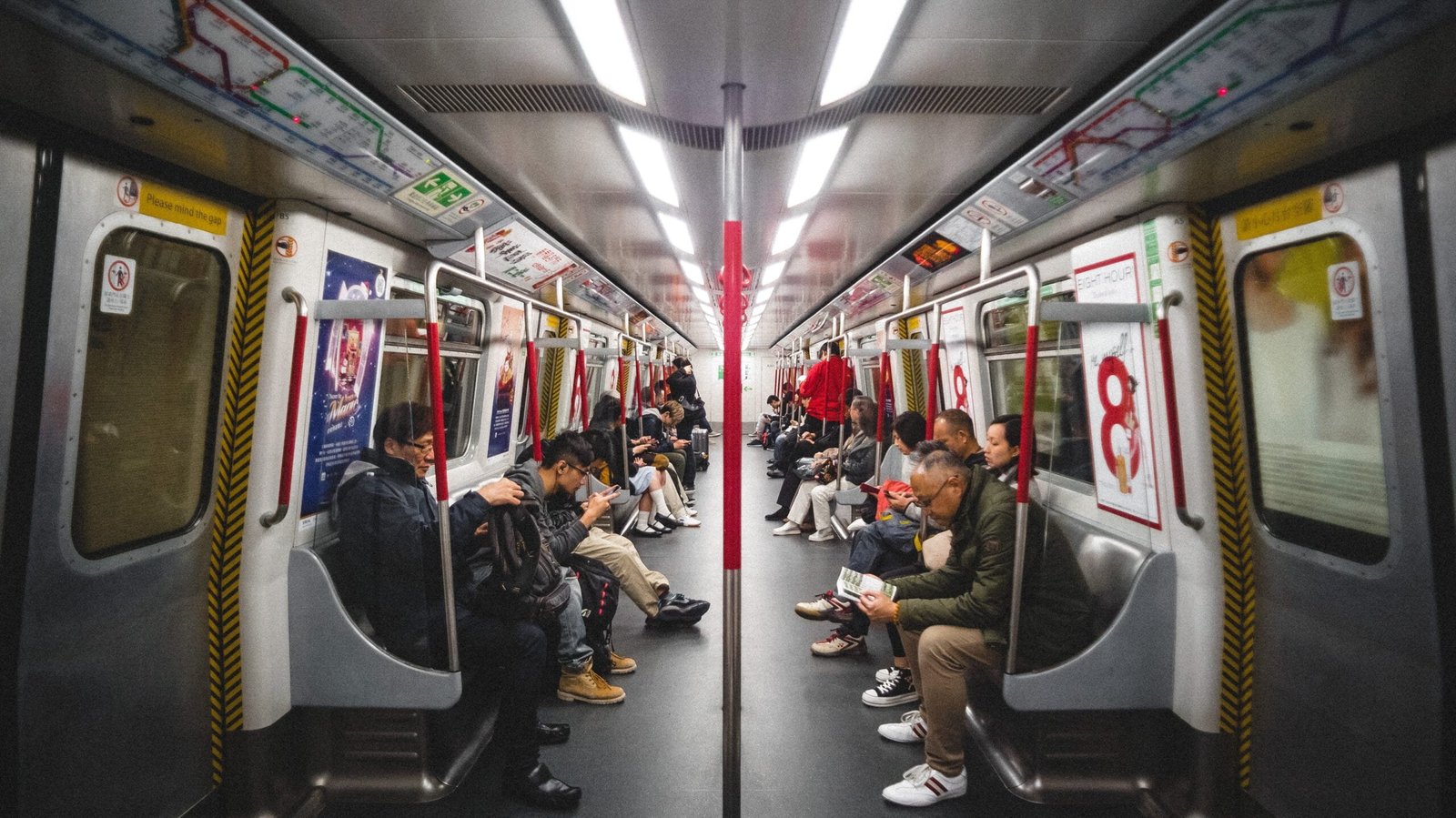Your cart is currently empty!

What is cancer?
While the world is obsessing over COVID-19, the importance of other serious conditions such as cancer are being de-prioritized: cancer awareness should be paramount.
Cancer is a disease in which normal body cells grow and multiply in an uncontrolled manner. Eventually, these “abnormal cells” form a mass called a tumor.
Cancer is the term used to describe when a tumor grows, and potentially spreads within the body. As any type of body cells or tissues can become cancerous, the term cancer refers to about 100 different diseases.
Around the world, 9.6 million people died from cancer in 2018. More than half of cancer deaths are happening in the least developed parts of the world.
Below are some Key Cancer Facts:
• 10 million people die from cancer every year.
• At least one third of common cancers are preventable.
• Cancer is the second-leading cause of death worldwide.
• 70% of cancer deaths occur in low-to-middle income countries.
• Up to 3.7 million lives could be saved each year by implementing resource appropriate strategies for prevention, early detection, and treatment.
• The total annual economic cost of cancer is estimated at US$1.16 trillion.
What is World Cancer Day?
World Cancer Day was born on the 4 February 2000 at the World Summit Against Cancer for the New Millennium in Paris. The Paris Charter aims to promote research, prevent cancer, improve patient services, raise awareness, and mobilize the global community to make progress against cancer, and includes the adoption of World Cancer Day.
World Cancer Day empowers communities and individuals across the world to show support and raise the profile of cancer in a positive and inspiring way.

Public perceptions about cancer
A recent international survey on public cancer awareness was led by the Union for International Cancer Control (UICC), of 15,000 people across 20 countries.
Below are the key survey findings:
- On a global level, over three (3) in five (5) people surveyed (61%) say that they have been affected by cancer in some way.
- Globally, almost three (3) in five (5) people surveyed (58%) say they are concerned about developing cancer in the future.
- Most people surveyed (87%) are aware of at least one of the main cancer risk factors.
- Across countries, tobacco use (63%), exposure to harmful UV rays (54%) and exposure to tobacco smoke from others (50%) appear to be the most recognised factors that can increase a person’s risk of cancer. Lack of exercise (28%), exposure to certain viruses or bacteria (28%) and being overweight (29%) appear to be the least recognized cancer risk factors among surveyed individuals.
- In general, surveyed individuals living in high-income households seem more likely to recognize cancer risk factors than those living in low-income households. This holds true when comparing people who have completed a university education to people who have not (with the exception of tobacco use, which was equally recognized as a cancer risk factor regardless of education level).
- Seven out of 10 people surveyed (69%) indicate they have taken some steps to reduce their risk of cancer in the past 12 months. The most common action, signalled by one in three individuals surveyed, is increasing the consumption of healthy food.
- The vast majority of people surveyed (84%) believe that governments should do something about cancer, with only 3% signalling that they do not think governments should do anything regarding cancer.
- Approximately a third of people surveyed (33%) indicate the belief that the most important governmental measure is to make cancer services more affordable.
Click HERE to read the full report from the UICC.
What is UICC?
Union for International Cancer Control (UICC) is the largest and oldest international cancer organisation dedicated to taking the lead in convening, capacity building and advocacy initiatives that unite the cancer community to reduce the global cancer burden, promote greater equity, and integrate cancer control into the world health and development agenda.
Who should get involved?
Whoever you are – a cancer survivor, co-worker, a caretaker, a friend, a leader, healthcare worker, teacher, student or even just have a cancer awareness – you have the power to take action.
Every individual action has the potential to make a difference for ourselves, the people we love and the world.
How to get involved?
Here are some ways you can get involved:
- Commit to improving your personal health
- Support someone you love with cancer
- Educate yourself about cancer. Know your own risks
- Speaking out against cancer. Use hashtags #IAmAndIWill #WorldCancerDay on social media
- Join the 21 Days to Impact Challenge. Why 21 days? Because it takes about 21 days to create a positive habit.

Cancer and clinical trials
Research is ongoing to find new ways to diagnose and treat different types of cancer. You may be invited to participate in a clinical trial to test new ways of treating different cancers. To find out more about clinical trials and whether you can participate, visit the Australian Cancer Trials website or the global clinical trials directory.




